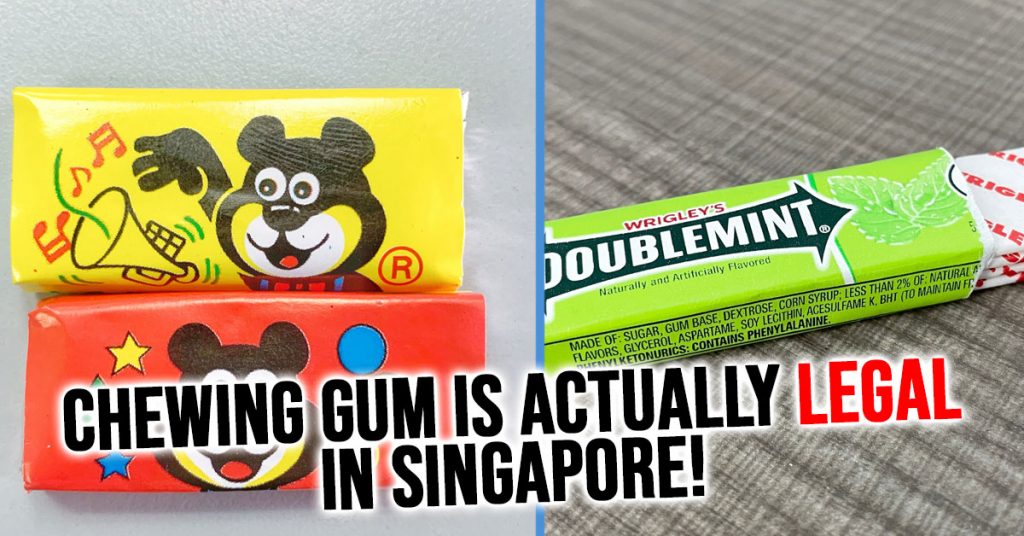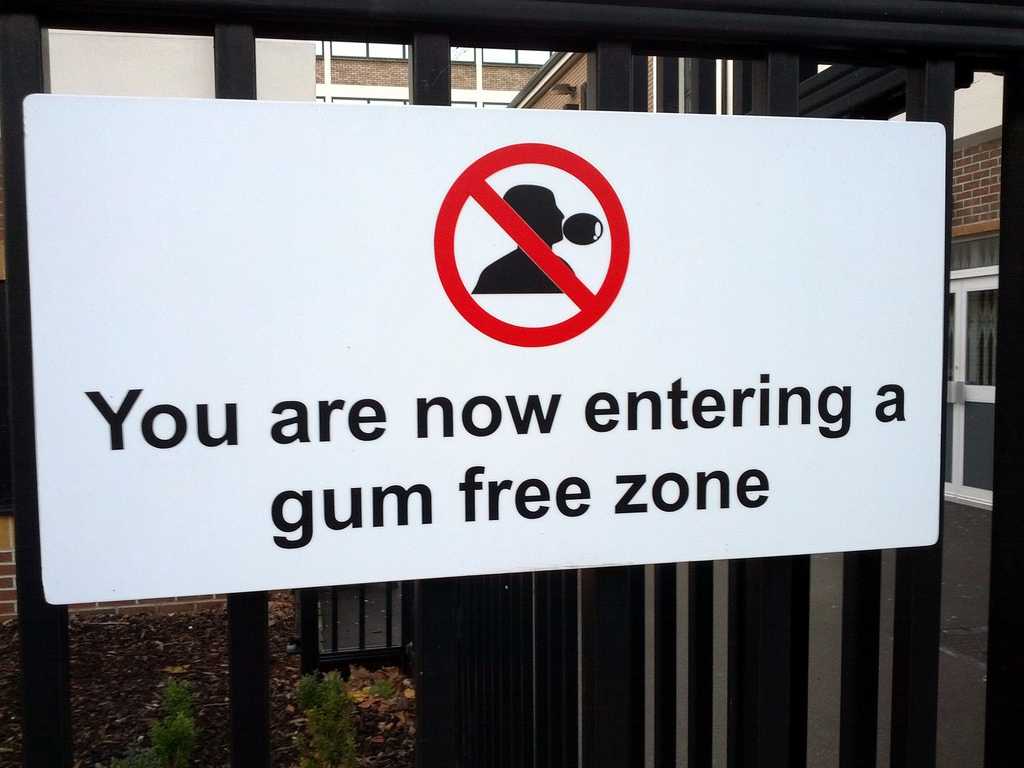It is illegal to chew gum in singapore and importing selling or making gum can lead to jail time

It is Illegal to Chew Gum in Singapore: A Closer Look

Singapore, a bustling city-state in Southeast Asia, is well-known for its strict rules and regulations. Among its many peculiar laws, one stands out as particularly intriguing – the chewing gum ban. Yes, you read that right. It is illegal to chew gum in Singapore, and the consequences can be quite severe. In this article, we will delve deeper into this fascinating fact and explore the reasons behind such a seemingly unusual law.
The Origins of the Gum Ban
In the late 1980s and early 1990s, Singapore faced a major problem with gum litter. Chewing gum stuck on public infrastructure, such as subway doors and public benches, became a nuisance. It was not uncommon to see gum residue on public walkways, elevators, and even inside letterboxes. This resulted in significant maintenance and cleaning costs for the government. Moreover, improper disposal of chewing gum caused inconveniences to fellow citizens.
To address these issues, the Singaporean government decided to take action. In 1992, the ban on chewing gum was implemented under the Control of Manufacture Act. This act made importing, selling, or making gum illegal in Singapore.
The Law and its Consequences
The chewing gum ban in Singapore is not merely a piece of legislation with mild consequences. Offenders can face serious penalties, including hefty fines and imprisonment. Importing, selling, or making gum in Singapore can result in fines of up to S$100,000 (approximately $75,000) or imprisonment for up to two years. These strict measures serve as a deterrent to ensure that citizens and visitors abide by the law.
It is important to note, however, that certain types of gums with therapeutic or medical benefits are exempted from the ban. These include nicotine gum and dental gum prescribed by a doctor. Additionally, chewing gum for oral health, such as sugar-free gum, can be obtained from pharmacies or dentists’ offices.
The Reasoning behind the Ban
While the chewing gum ban may seem extreme to outsiders, it is crucial to understand the rationale behind it. Singapore’s government aimed to maintain cleanliness and order within the city-state. The ban was introduced as a solution to the rampant gum litter problem, which posed hygiene concerns and required continuous cleaning efforts. By prohibiting gum chewing, the government aimed to cultivate a clean and well-maintained environment for its citizens and visitors.
Embracing the Ban

Despite the initial surprise and skepticism surrounding the gum ban, Singaporeans have generally embraced the law. The ban has led to a cleaner cityscape, as people have become more mindful of their actions. Furthermore, the hefty fines and strict enforcement act as effective deterrents for potential offenders.
It is worth mentioning that chewing gum for personal use is not explicitly illegal. Individuals are allowed to bring small quantities of chewing gum into Singapore for personal consumption. However, the government advises disposing of gum properly and avoiding any public displays of chewing.
Conclusion
Singapore’s ban on chewing gum remains a unique facet of the city-state’s legal landscape. While initially introduced to combat gum litter, it has contributed to a cleaner environment and a sense of responsibility among its citizens. Whether you find this law fascinating or perplexing, it is undoubtedly an intriguing quirk that sets Singapore apart from the rest of the world.
Source: BBC News
Related Posts
Quick Links
Legal Stuff

